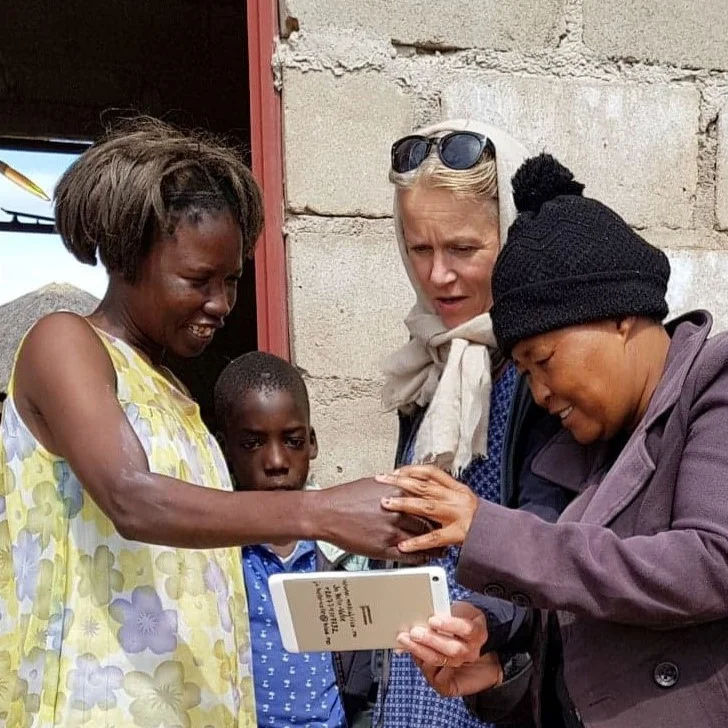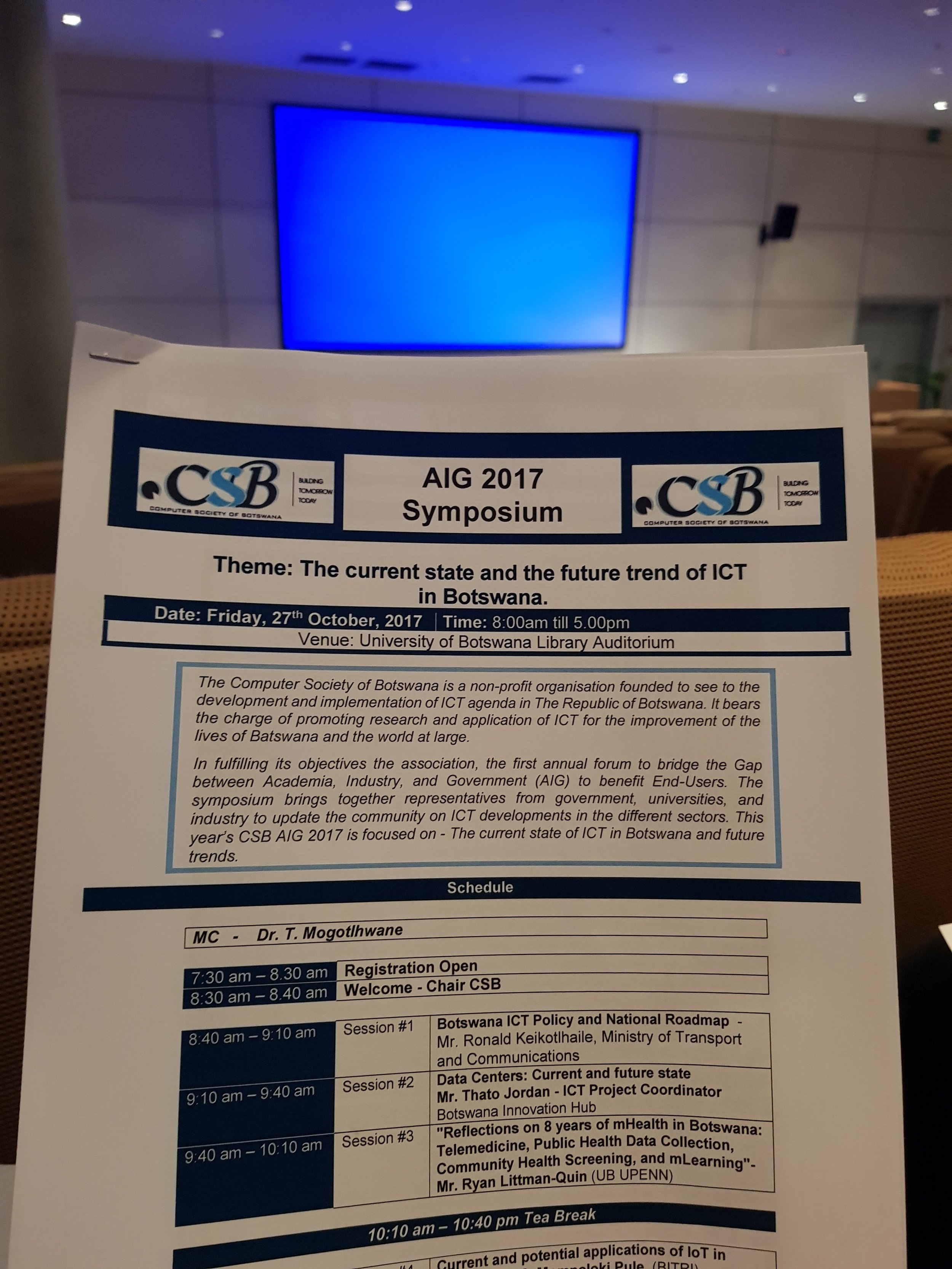A Kalahari village homepage is launched!
/A web page for the villagers, about the village and by the villagers.
On October 19 2018 the web page www.letlhakeng.com was launched. It is the result of the project’s wish to give something back to the generous, kind inhabitants of the Botswana village where an important portion of the project’s fieldwork was conducted, and where the PI has carried out fieldwork regularly since 1990. Our original idea was to organise a seminar in the village kgotla for all villagers to come and hear about the findings from the project that were of interest to the village. However, based on our findings, and new reflections, we decided that it would be of greater value for villagers if we assisted in creating a web page for the village.
There are several reasons for why we landed on this strategy. First, we found that especially many villagers were not able to utilise programs and schemes that could improve their lives because they lacked relevant information. A web page could be an ideal platform for disseminating information about such resources. Secondly, although the village belongs to the peripheral part of Botswana it is placed in the intersection of several routes that both tourists and Batswana frequently use. Thus, an easily accessible information hub containing practical information for visitors and passerbys could boost local businesses. Thirdly, we found that there is not one, unifying information hub for villagers. As their access to the internet becomes consistently easier and cheaper, a village web page can well serve such a purpose. Especially as the various local institutions would increase their own outreach if they made use of the page. And lastly, our experience so far has shown that it has already become a source of pride for the village’s inhabitants. As the village chief expressed it, this web page places Letlhakeng on the global map!
Thus, the web site is non-profit, non-commercial – about Letlhakeng, for Letlhakeng and by people from Letlhakeng. Its goal is to contribute to a positive development of Letlhakeng village, by providing useful and transparent information to villagers and other interested parties.
www.letlhakeng.com is co-owned by the research project and Letlhakeng village.
The www.letlhakeng.com team!
The following individuals contributed to the creation of the page October 2018, and are still engaged in running it:
Main working editor: Kaone Phuthego
Editors: Nametso Laretsi; Thero Keikotlhae
Journalists and photographers: Keemenao Carven Keresiane; Katso Garebunantse; Kebafilwe Moselesele; Mary Gipadileng; Chinana Bontle Keikantseng and Boemo Keoepile.
From the Norwegian side: Niels Theissen (Editor in chief), Ardis Storm-Mathisen (mediafrica researcher) and Jo Helle-Valle (head of mediafrica project).
Homepage creation in progress …
An Advisory Board consisting of Lesego Phillip (Principal Library Officer); Itsoseng Gaoonwe (Village Kgosi); Felicity Nyoni (Youth Development Officer); Kenny Kenanao William (teacher of English at Mphuthe Junior Secondary School). A person from VDC will also be appointed.
























